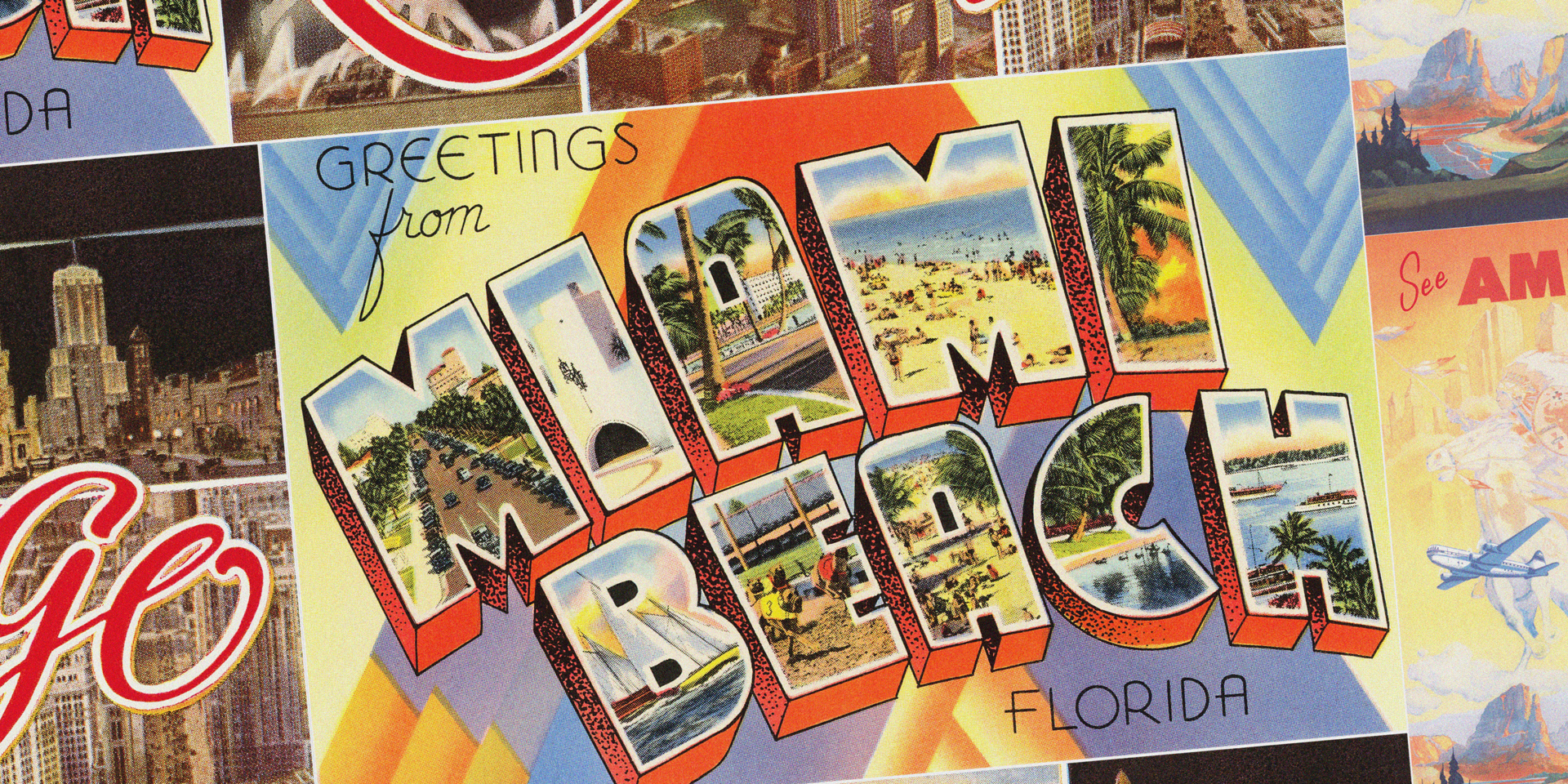

Why High Life readers love ‘nostalgications’
We asked, you answered… So, dust off your bucket hat, dig out the disposable camera and book that trip down memory lane. Your inner child will thank you
02/07/2025
Remember that family holiday where you lived off ice cream and wore your armbands like a badge of honour? Turns out, loads of us are itching to go back – not just in memory, but in real life. Enter: the nostalgication.
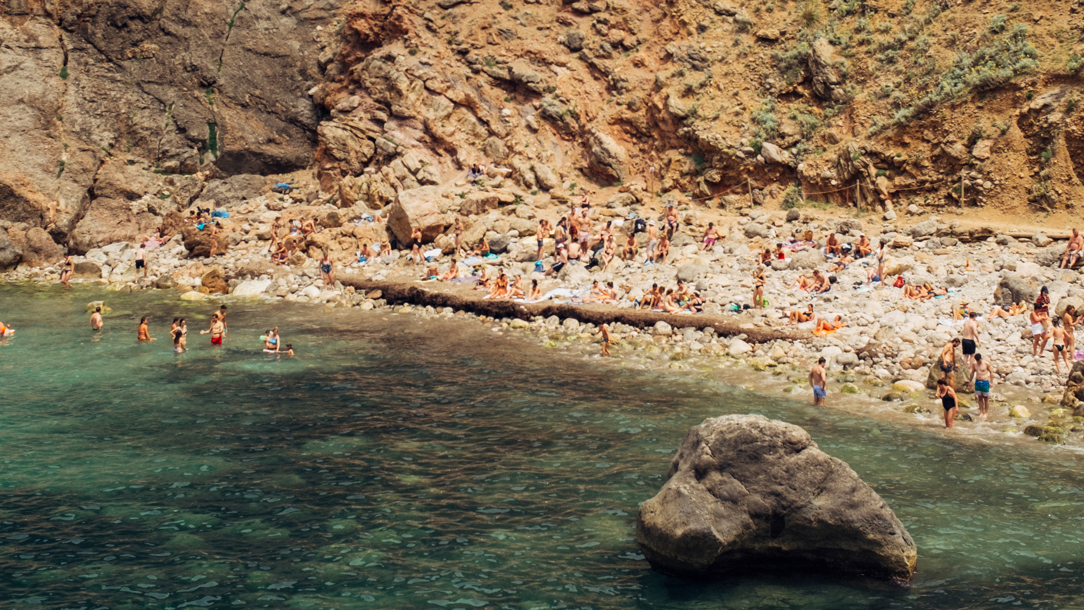
Cala Deià in Mallorca (Matt Richardson)
According to a recent survey of High Life readers (that’s you!), nearly two-thirds (65%) are open to the idea of revisiting a childhood holiday spot, and more than a third (37%) are actively planning one in the next three years. Why? Because it makes us feel really good.
More than half of readers reckon it boosts happiness, and 45% say it helps them appreciate their past. Basically, it’s therapy – with sun-loungers.
“Nostalgia, which is triggered by a memory, or smells, sounds and tastes, is a social emotion, and holidays are a great example of that,” explains Agnes Arnold-Forster, historian, health researcher and author of Nostalgia: A History of a Dangerous Emotion.

The village of Oia in Santorini, Greece
It’s not just a trip, it’s a time machine
For the nostalgically inclined, it’s all about the feeling. A whopping 73% of High Life readers say they want to relive happy memories, and 53% are keen to revisit their old haunts. Even better? Those who are into nostalgications are nearly twice as likely to say it helps them reconnect with their inner child. (Cue the emotional montage.)
Surprise: it’s not just the over-50s getting misty-eyed over the past. Gen-Z and Millennials are the most into it, with 74% open to the idea and more than half (51%) actively planning a throwback trip. For them, it’s about bonding with family and recreating memories with their own kids – basically, turning nostalgia into a group activity.
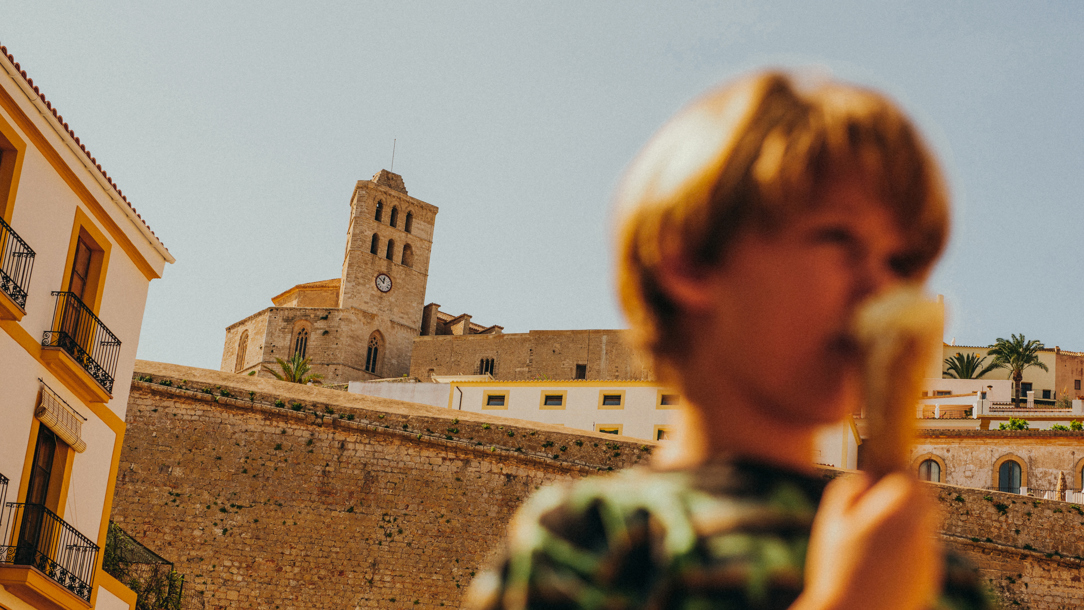
Time out for an ice cream in Ibiza Town
“Scientists think nostalgia evolved to make us better, so we could forge closer connections with others,” says Arnold-Forster. “Having children is partly about reliving childhood experiences through their eyes. It makes sense, then, that many travellers are taking their kids to the destinations from their youth.”
Older travellers are still on board, especially when it comes to chasing that ‘simpler times’ vibe. More than a third (34%) of 45–65+ year-olds say that’s their main motivation. Think: no smartphones, no spreadsheets, just sandcastles and sunburn (well, hopefully not the latter…).
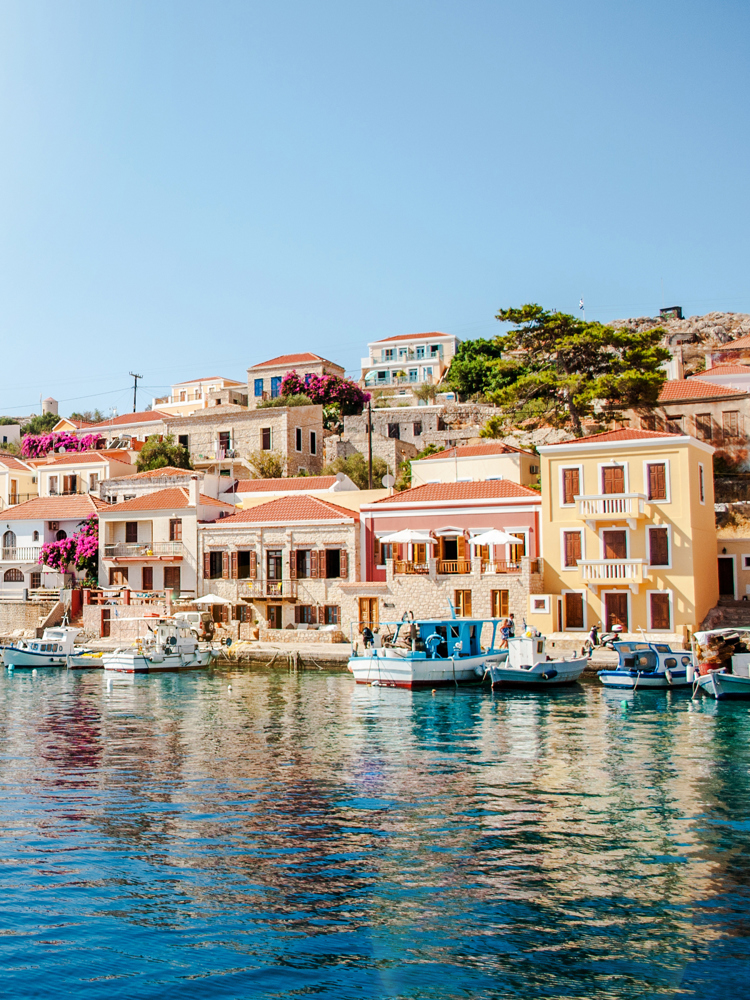
Halki in the Dodecanese archipelago, Greece
Where and why?
The most sought-after spots for UK travellers have come full circle. On the rise are trips to Mallorca, the Greek islands and Malta – the same destinations that formed the Mediterranean package holidays of the 1970s. Add to this Tenerife and Orlando (both in the top ten most-popular British Airways Holidays destinations in 2025) and it’s clear people are keen to time travel.
The biggest reason people want to go back? Curiosity. Nearly half (49%) want to see what’s changed since their last visit, while 42% are hoping it’s frozen in time. And the golden era of holidays? The 2000s, apparently. This decade was named the best for travel memories by a third of respondents.
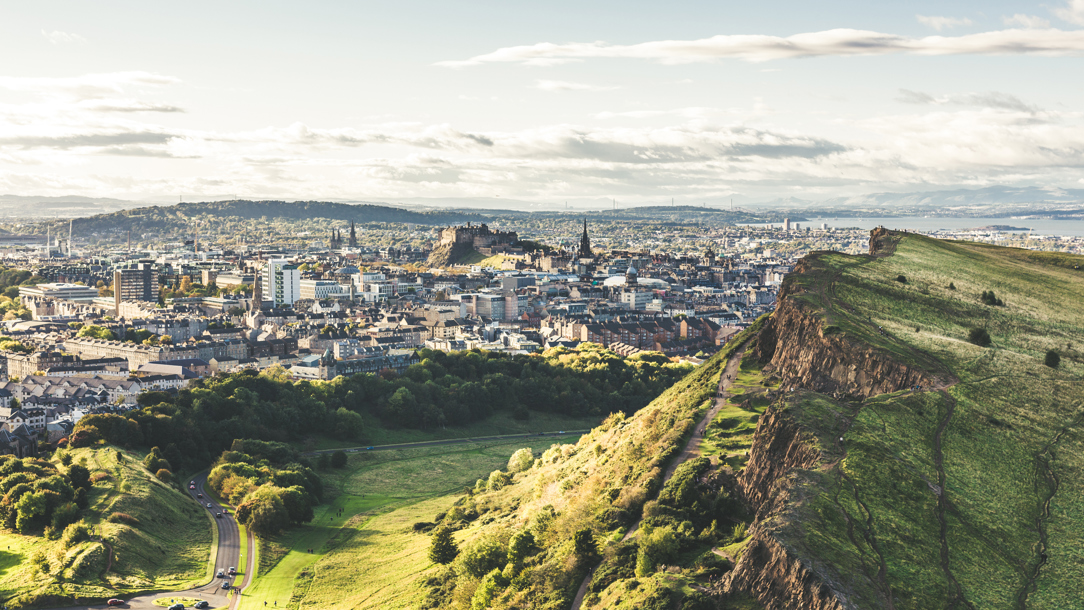
The beautiful city of Edinburgh
“Right now, people have the sense they’re living through a time of uncertainty,” says Arnold-Forster. “There’s lots going on in the world that is causing stress. Nostalgia can lessen feelings of anxiety and depression and make people feel less lonely. It can be therapeutic.”
So, are you ready to rewind, repeat, and relax? Whether it’s the theme park where you braved your first rollercoaster or the city where you discovered your love of croissants, your happiest holiday yet might be the one you’ve already had.
Rediscover somewhere special with British Airways
Notes: Our nostalgications survey collected responses from 1,127 readers of bahighlife.com during May 2025. Those actively interested = 442 (who answer 4 or 5 on Q2: 4-5 on a scale of 1-5, how interested are you in revisiting a childhood holiday destination in the next three years? (1 = not interested and 5 = being very interested); Respondents under 44 = 100; respondents 45-65+ = 1,096





